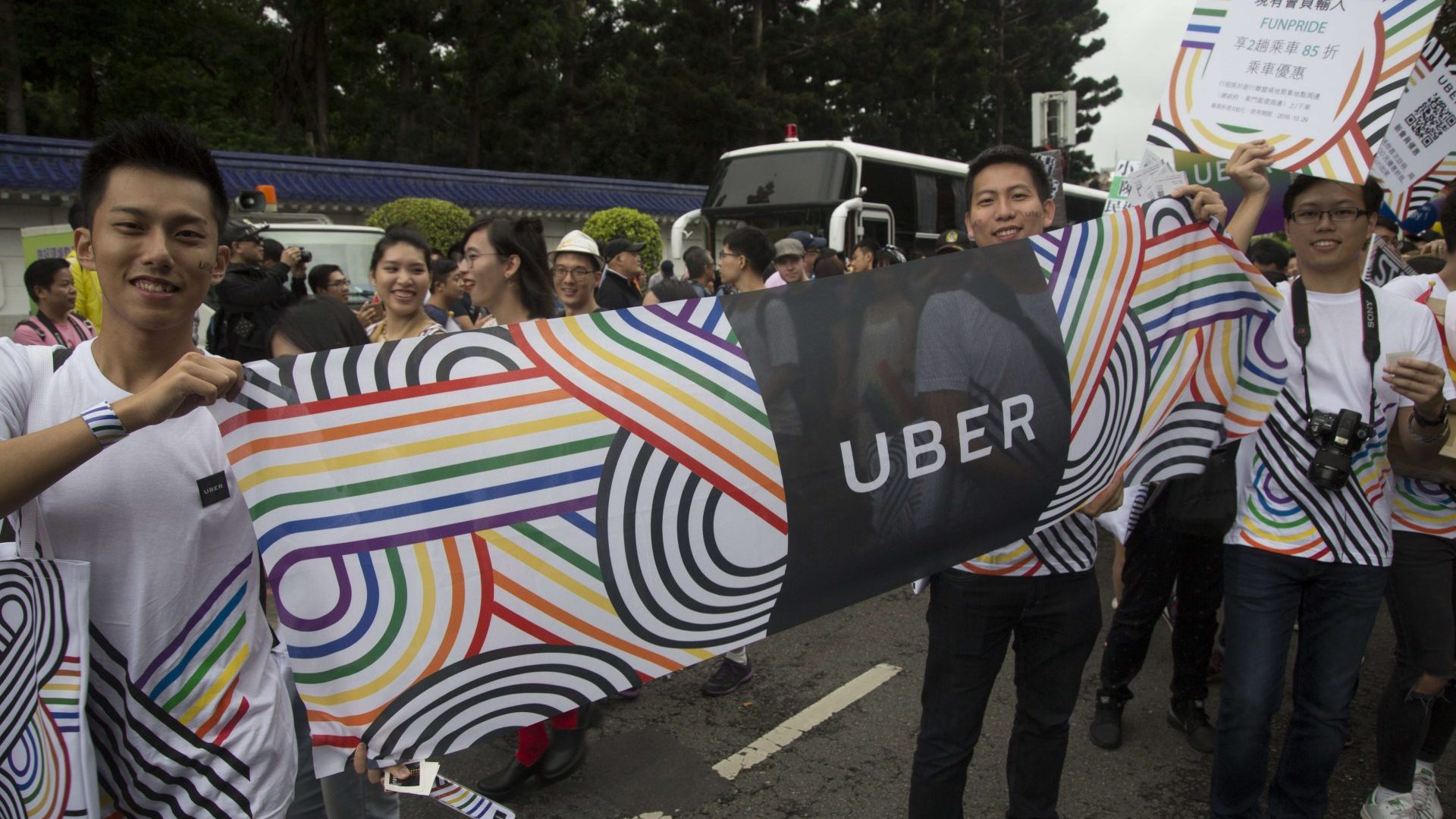

Is Uber a transportation company or technology platform? That’s a question that legislators is many countries are trying to answer, and it’s a dispute that has earned the ride-hailing company $10 million (T$328.59 million) in fines from the Taiwan government, according to Reuters. Uber is challenging these penalties, and will suspended service on February 10 on the island until they can come to an agreement with regulators.
Regulators willing to work with Uber
The island’s law makers passed a resolution last year that targets Uber and illegal passenger transportation services transportation companies by raising the maximum fine up to T$25 million ($780,000) from between NT$50,000 and NT$150,000, which Uber says are the highest in the world.
At the heart of this dispute is the ongoing debate whether or not Uber should be licensed as a transportation company, and subject to the same regulations that govern taxi companies. But regulations are exactly what Uber doesn’t want. The mobility start-up argues that it is an online technology platform, but despite its protests has been racking up millions in fines since the start of the year with the increased penalties went into effect.
However, Hu Ti-chi, a Taiwan transportation ministry official, said the government is willing to work with Uber to come to an agreement, possibly designating it as a transportation service provider that will collaborate with local taxi companies, according to Reuters.
Lawsuits and competitors hamper expansion and profitability
Its voluntary suspension follows a string of set backs that Uber faces abroad. Uber suspended service in Sweden last year, and has also been banned in in France, Germany, and Belgium. After exiting Spain in 2014, the company recently re-entered the market in Madrid as a licensed transportation company. At home in the U.S., it’s also facing numerous lawsuits challenging its practice of classifying drivers as independent contractors, alledging wage theft, and for negligence, to name a few. The international market is key for Uber’s path to profitability. But with tough regulations and home-grown competitors such as Grab and Ola competing for the lion’s share of the ride-hailing market, making its success far from assured.